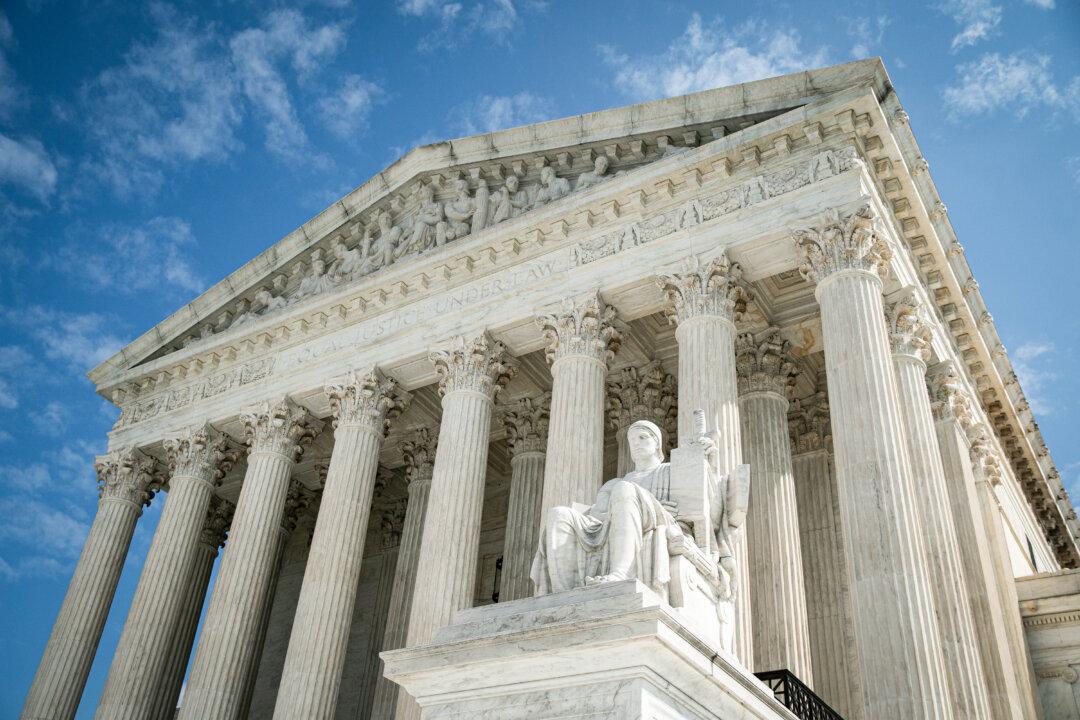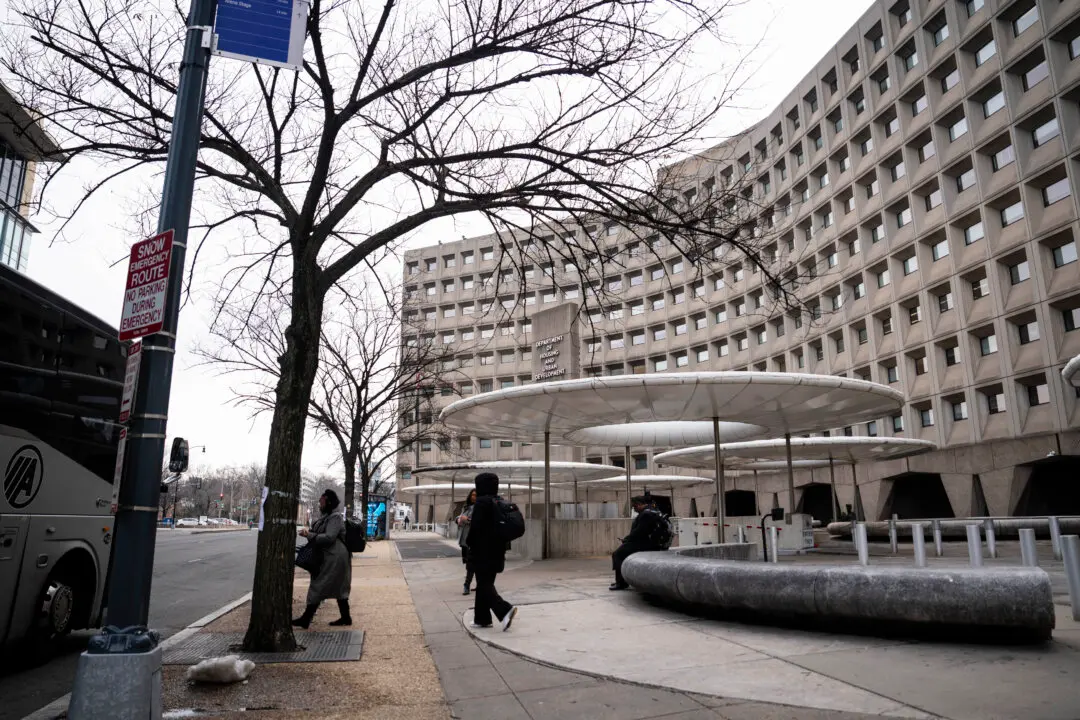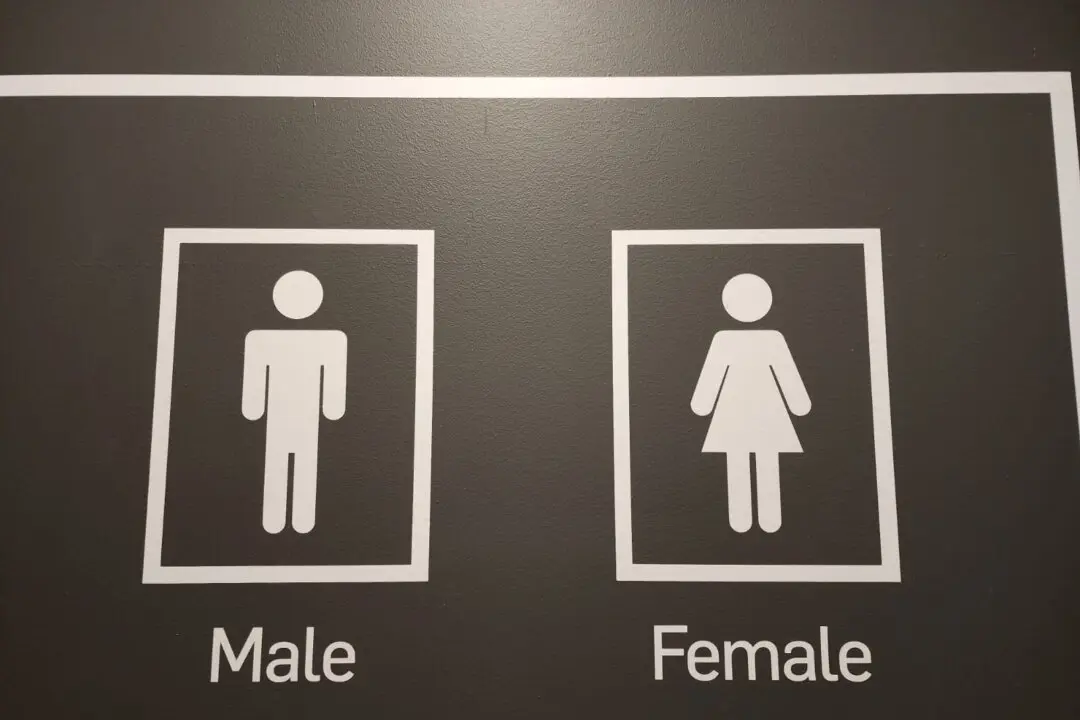The U.S. Supreme Court will hear two lawsuits on Tuesday that will look into the issue of whether public officials can block citizens from the officials’ social media accounts and if such actions constitute a violation of First Amendment rights.
The two cases, from California and Michigan, revolve around the issue of public officials blocking citizens who made critical comments on social media pages owned by the officials. Both cases have resulted in opposing decisions from the lower courts. In California, an appeals court ruled that public officials violated the First Amendment rights of the citizens by blocking them. But an appeals court in Michigan ruled that the official in the case was not at fault.





